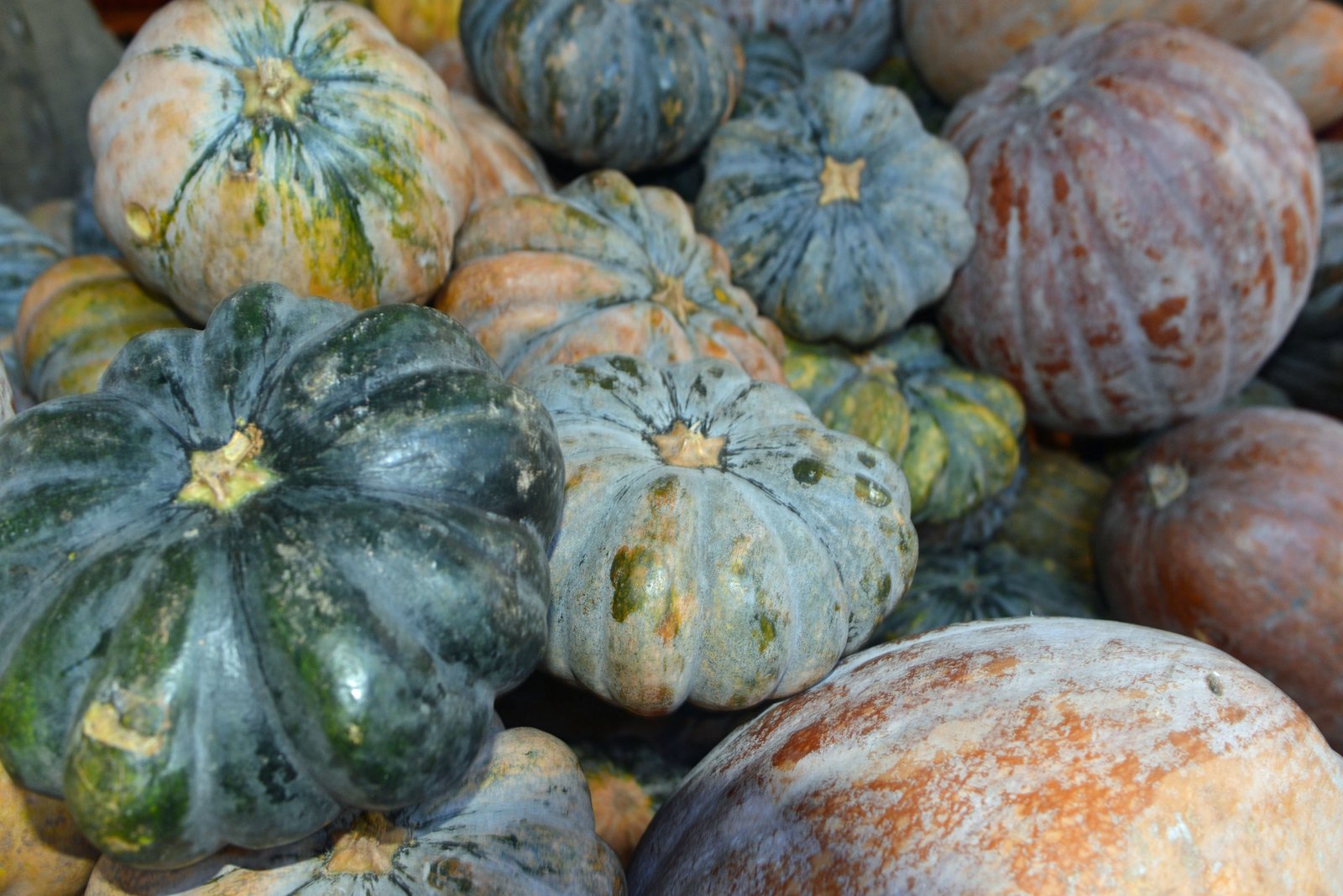All of us have come across this orange-yellow hued vegetable which is also commonly known as Squash, Yellow pumpkin, or in India as Kashiphal, Indian pumpkin, or Kaddu.
This fruit belongs to the melon family.
Enjoyed thoroughly in Asia and adjoining areas, and providing great benefits for diabetes management, it is not surprising that pumpkin is the ‘national vegetable of India’ but let’s understand if Pumpkin good for diabetes?
Pumpkin: Nutritional Facts
- Glycemic Index Score: 75 (max. 100)
- Glycemic Load Score:3 (max. 7)
Every 100 grams serving of Pumpkin contains:
| Carbohydrates | 6.5 grams | ||
| Sugars | 1.36 grams | ||
| Dietary fiber | 0.5 grams | ||
| Fat | 0.1 grams | ||
| Saturated | 0.005 grams | ||
| Monounsaturated | 0.01 grams | ||
| Protein | 1.0 grams | ||
| Vitamins & Minerals | Quantity |
| Vitamin A | 369 micrograms |
| Vitamin B1 | 0.05 milligrams |
| Vitamin B2 | 0.110 milligrams |
| Vitamin B3 | 0.6 milligrams |
| Vitamin B5 | 0.298 milligrams |
| Vitamin B6 | 0.061 milligrams |
| Vitamin C | 9 milligrams |
| Vitamin E | 0.6 milligrams |
| Calcium | 21 milligrams |
| Iron | 0.8 milligrams |
| Magnesium | 12 milligrams |
| Phosphorous | 44 milligrams |
| Potassium | 340 milligrams |
| Sodium | 1 milligrams |
| Zinc | 0.32 milligrams |
Advantages of Pumpkin for Diabetes
Recent studies have shown indications that pumpkins can be used to manage blood sugar in diabetic patients.
Effects on Blood Sugar:
Pumpkin is known to be a rich source of vitamins, and minerals but it is also rich in Carbohydrates. Typically foods rich in carbohydrates and high glycemic index should be avoided by patients suffering from sugar, but pumpkin has a unique quality of being rich in dietary fibers. Roughly 100 gms of pumpkin contains 10% dietary fiber.The dietary fiber and magnesium present in pumpkin help to counteract the effects of the glycemic Index and ultimately help in managing Blood sugar levels.
Uses in treatment of Type 2 Diabetes
Though no human studies have been carried out yet, animal studies have revealed that compounds found in pumpkin help in reducing blood sugar levels.
Pumpkin Seeds
Other than the fruit, the pumpkin seeds also help in the management of diabetes. Pumpkin seeds are high in magnesium and are very useful in lowering Blood glucose levels.
Choosing the right vegetables can make a big difference in diabetes management. Dive into our guide on diabetes-friendly vegetables, their benefits, and the science behind how they help control blood sugar.
Ways To Consume Pumpkin
Pumpkin dishes have acceptance across the globe, be it Europe, the middle east, or Asia; every culture has a distinct cuisine featuring pumpkin or squash.
Pumpkin seeds have become a rage and have created a lot of noise since the past decade. Health freaks swear by the effects of pumpkin seeds. They are enjoyed best in smoothies, breakfast cereals, snacks, etc.
But the thing to note is one should try to avoid overly sweet dishes or dishes with highly refined flour and sugar content such as pies, pastries, Halwa, etc.
Risks of Over Consumption of Pumpkin
If consumed in large quantities, pumpkin and its seeds may cause constipation and flatulence. Hence ideal time for consumption is during breakfast or at lunch.
Other Health Benefits Of Pumpkin
Boosts Immunity:
Pumpkin is a good source of Vitamin E and carotenoids which are powerful antioxidants which protect the cells from harmful free radical and also aid in enhancing our body’s immune responses.
Protects from Cancers:
Pumpkin seeds have abundant Beta carotenoids and a high intake of them has been linked to reduced risk of prostate, breast, and gastric cancers.
Treatment of Prostate:
Clinical studies have shown that the rich dark green liquid has some curative and preventive effects on benign prostate hyperplasia.
Effect on Heart:
High quantity of magnesium found in pumpkin helps to lower blood pressure along with lowering bad cholesterol and triglycerides. All of which help in reducing the risk of cardiovascular diseases.
Effects on Other Organs:
Pumpkin is rich in antioxidants, Vitamins, and minerals and regular consumption has shown to improve the eyesight, quality of skin, bone, sperm, hair, etc.
Don’t Have Time To Read?
- The orange-hued vegetable is packed with nutrients, minerals, and antioxidants.
- Not only the fruit, but its seeds also have vital micronutrients making it no less than a ‘superfood’.
- Regular consumption of pumpkin has been known to cause a reduction in Blood sugar levels apart from other benefits on the eyes, prostate, skin, and immune system.
- Pumpkin is easy to cut, chop, roast, and finds application in various dishes throughout the globe.
Frequently Asked Questions
Is Pumpkin Good for Diabetes
Pumpkin is high in dietary fiber and magnesium and helps to reduce blood sugar levels, but it is also quite high in carbohydrates. Hence if taken in moderation, pumpkin can be good for sugar patients.
Can People with Type 2 Diabetes Take Pumpkin?
Studies have revealed that some components of pumpkin may help in reducing blood sugar levels and insulin requirements. So it is safe to say that people suffering from Type 2 diabetes can have pumpkins.
Do Pumpkin Seeds Increase Blood Sugar?
No, pumpkin seeds do not increase blood sugar, but instead, the opposite is true. Pumpkin seeds are very rich in magnesium, and if taken in adequate quantities, lead to a reduction in blood glucose levels.

1 comment
[…] Also Read: Is Pumpkin Good for Diabetes […]